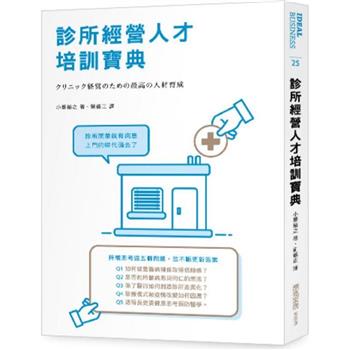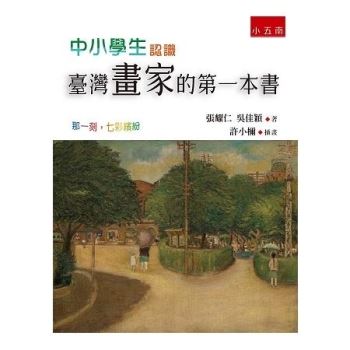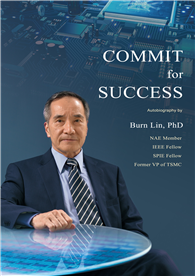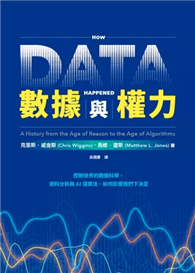獨裁勢力正在串聯,意圖打擊民主世界,
該如何瓦解、擊潰這股擴張中的勢力?
專制政權的運作方式,正在改變!我們過去認為專制國家的樣貌,是由一位高高在上、擁有絕對權力的領袖來掌控政局,他控制了警察,而警察則以暴力威脅人民。在這之中,不乏邪惡的黨羽,以及勇敢的異議人士。
然而在21世紀,這個想像已不符現實。如今,專制政權的核心力量,不再是任何一位獨裁者,而是一個由貪汙腐敗的金融體系、監控技術、政治宣傳專家所組成,跨越國界和意識形態的複雜網路。在這個網路中,數個國家的腐敗企業、國家警察、政治宣傳人員密切往來,互相交換情報、協助對方精進「技巧」、共享資源,並一同攻擊民主弱點。
將這些獨裁政體串聯在一起的,並非一致的意識形態,而是對權力、財富,以及惡行永不被咎責的共同渴望。即使從委內瑞拉、香港到莫斯科,都曾出現大規模的民眾反對運動,但人民絲毫沒有勝算,國際譴責和經濟制裁也無法撼動這些獨裁政體。
本書讓人聯想到美國近代知名的政策顧問與俄羅斯研究權威喬治‧肯楠(George Kennan),呼籲民主世界對蘇聯採取抑制政策(containment)的文章,安.愛波邦藉由這部作品,呼籲民主國家提高警覺,徹底調整當前的政策方向,才能瓦解新型態的威脅,擊潰這股串聯中的獨裁勢力。(文/博客來編譯)
From the Pulitzer-prize winning, New York Times bestselling author, an alarming account of how autocracies work together to undermine the democratic world, and how we should organize to defeat them
We think we know what an autocratic state looks like: There is an all-powerful leader at the top. He controls the police. The police threaten the people with violence. There are evil collaborators, and maybe some brave dissidents.
But in the 21st century, that bears little resemblance to reality. Nowadays, autocracies are underpinned not by one dictator, but by sophisticated networks composed of kleptocratic financial structures, surveillance technologies, and professional propagandists, all of which operate across multiple regimes, from China to Russia to Iran. Corrupt companies in one country do business with corrupt companies in another. The police in one country can arm and train the police in another, and propagandists share resources and themes, pounding home the same messages about the weakness of democracy and the evil of America.
International condemnation and economic sanctions cannot move the autocrats. Even popular opposition movements, from Venezuela to Hong Kong to Moscow, don’t stand a chance. The members of Autocracy, Inc, aren’t linked by a unifying ideology, like communism, but rather a common desire for power, wealth, and impunity. In this urgent treatise, which evokes George Kennan’s essay calling for "containment" of the Soviet Union, Anne Applebaum calls for the democracies to fundamentally reorient their policies to fight a new kind of threat.












